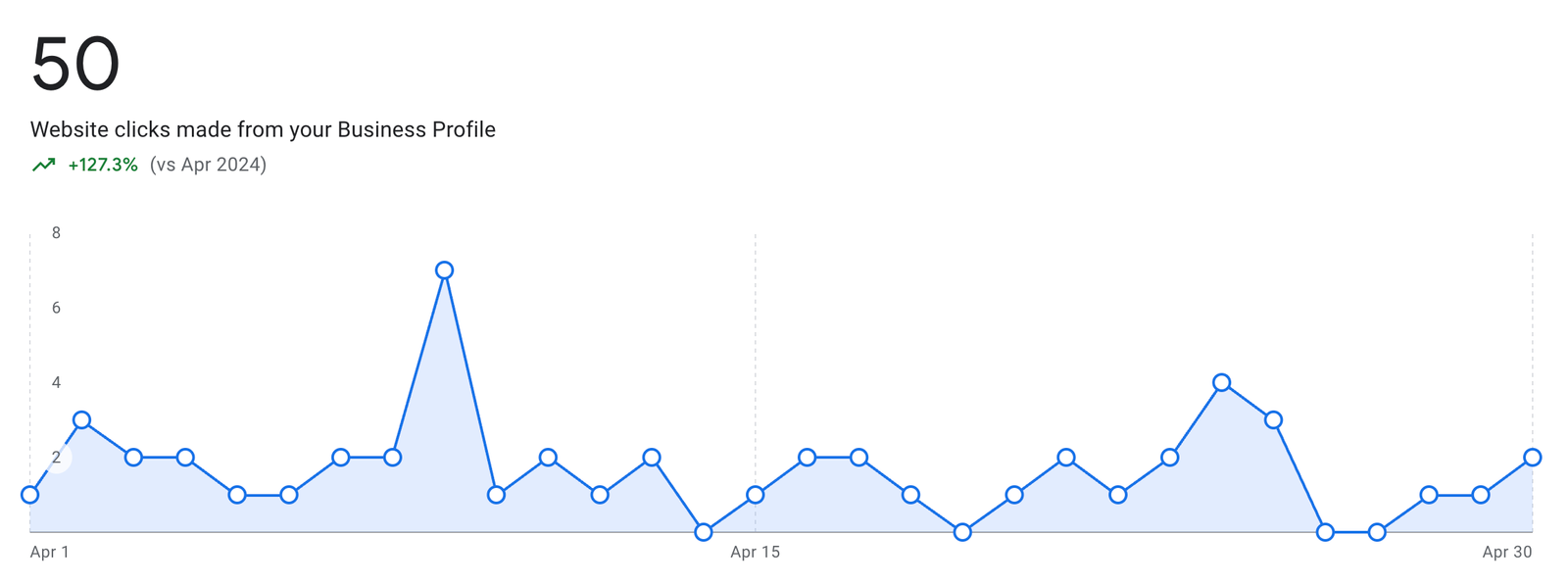

Introduction
In today's digital age, effective marketing strategies are crucial for medical professionals looking to thrive in their local markets. This is particularly true in Massachusetts, where competition among healthcare providers is fierce. With a plethora of options available to consumers, it’s essential for practices to stand out and be discoverable online. This article delves deep into Medical Practice Marketing—How Massachusetts Professionals Can Succeed with Local Search Optimization, focusing on the best practices and strategies tailored for diverse medical specialties.
Understanding Local Search Optimization
Local search optimization is a digital marketing strategy aimed at improving a business's visibility in local searches. For medical practices, this means appearing prominently when potential patients search for services in their area. This section provides an overview of why local SEO matters and how it differs from general SEO.
What Is Local SEO?
Local SEO refers to the process of optimizing your online presence to attract more business from relevant local searches. Unlike traditional SEO, which focuses on a broader audience, local SEO targets users in specific geographic areas.
Why Is Local SEO Important for Medical Practices?
For medical practitioners in Massachusetts, local SEO can lead to increased patient footfall, enhanced brand visibility, and improved online reputation. Patients often look for nearby providers and rely on online reviews and ratings before making decisions.
Key Components of Effective Local Search Optimization
To succeed in local search optimization, several components must work harmoniously. Here are some key aspects:
Google My Business (GMB) Profile Setup
One of the foundational steps for effective local search optimization is setting up a comprehensive Google My Business profile.
- Claim Your Listing: Ensure that you claim your practice’s GMB listing. Complete All Information: Fill out every section with accurate information including name, address, phone number (NAP), hours of operation, and website URL. Regular Updates: Keep your profile updated with new services or changes in operating hours.
Localized Keyword Research
Choosing the right keywords is pivotal for attracting the right audience.
- Focus on Long-Tail Keywords: Keywords like "SEO for medspas" or "SEO for plastic surgeons" help target specific searches. Incorporate Location: Include your city or neighborhood (e.g., “Best pediatric dentists in Boston”) within your content and meta tags.
On-Page SEO Strategies
On-page SEO techniques enhance the relevance of your website’s content concerning users’ search queries.
- Title Tags and Meta Descriptions: Use compelling title tags and meta descriptions that incorporate targeted keywords. Header Tags: Utilize H1s, H2s, etc., effectively by embedding keywords relevant to medical practice marketing. Content Optimization: Ensure that each page has high-quality content that addresses patients' queries comprehensively.
Building Online Reputation through Reviews
Patient reviews play a critical role in shaping potential patients' perceptions of your practice.
Encouraging Positive Reviews
Ask satisfied patients to leave positive reviews on platforms such as Google or Yelp.
- Create follow-up emails thanking them for their visit while gently prompting them for feedback.
Managing Negative Reviews
It’s inevitable to receive negative feedback occasionally; managing these reviews professionally can mitigate damage:
- Respond promptly: Acknowledge concerns raised by the reviewer. Offer solutions: If appropriate, suggest ways to resolve issues directly through private channels rather than public forums.
Creating Quality Content Relevant to Your Audience
Content marketing serves as an excellent tool for establishing authority while also catering to potential patients’ needs.
Blogging About Health Topics
Regularly updated blogs can significantly increase organic traffic:
- Write posts addressing common health inquiries related to your specialty (e.g., “What To Expect During Your First Visit To A Dermatologist”).
Video Marketing Strategies
Videos can enhance engagement levels:
- Create informative videos about procedures offered at your practice or testimonials from satisfied clients.
Utilizing Social Media Platforms Effectively
Social media platforms act as an extension of your marketing strategy; they can amplify reach effectively.
Choosing the Right Platforms
Identify where your target audience spends time:
- LinkedIn may be ideal for professional connections while Facebook could be better suited for engaging with potential patients directly.
Engaging Content Formats
Share valuable content such as infographics about health tips relevant to your practice’s focus area or live Q&A sessions addressing common patient concerns.
Leveraging Paid Advertising Options
While organic strategies are vital, investing in paid advertising can Boston SEO yield immediate visibility gains:
Google Ads Campaigns Targeting Local Searches
Running localized Google Ads campaigns can drive traffic quickly:
- Utilize targeted keywords related to specific services offered by your practice (e.g., “SEO for dental implants”).
Facebook Ads Targeting Specific Demographics
Facebook allows precise targeting options based on location and interest; tailor ads accordingly:
- Design visually appealing ads showcasing promotional offers or new services available at your clinic.
FAQs about Medical Practice Marketing
1. What is the importance of local search optimization? Local search optimization enhances visibility and attracts nearby patients searching online for medical services, ultimately increasing foot traffic to practices.
2. How do I set up my Google My Business profile? Claim your listing on Google My Business first; then fill out all sections accurately including NAP details and service offerings while regularly updating any changes made within the practice.
3. How often should I update my website content? Aim to update website content regularly—at least once a month—to keep information current and engaging while improving search engine rankings over time through fresh material integration.
4. How important are patient reviews? Patient reviews greatly influence prospective clients' choices; positive feedback builds credibility google maps seo company while constructive criticism provides opportunities for improvement if managed professionally!

5. What social media platforms should I focus on? Choose platforms based on where target demographics spend their time—Facebook tends toward consumer engagement while LinkedIn caters more toward professional networking opportunities!
6. Should I invest in paid advertising? While organic methods are essential long-term strategies, paid advertising can provide immediate visibility benefits—consider allocating budget portions towards these efforts strategically!
Conclusion
Navigating the complexities of Medical Practice Marketing—How Massachusetts Professionals Can Succeed with Local Search Optimization may seem daunting but armed with knowledge about local SEO tactics tailored specifically towards healthcare professionals will make all difference! By implementing these strategies consistently over time—from optimizing GMB profiles through building robust online reputations—you’ll position yourself favorably within competitive marketplaces like those found across Massachusetts!